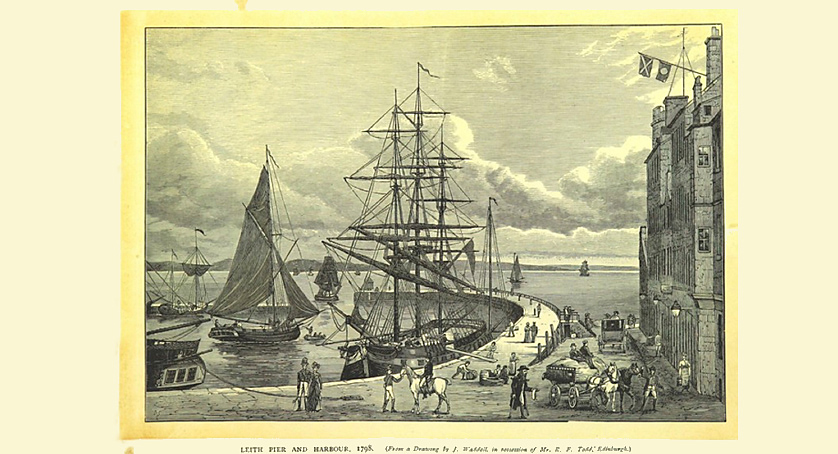Natural Born Subjects: A Cultural History of Naturalization in Britain and the Australian Colonies, 1660-1850

Summary
Our world is increasingly globalised and at the same time marked by a retreat to national boundaries – a dynamic that means identity politics play an outsized role in debates surrounding citizenship. And yet precisely how the individual’s sense of identity determines their connection to the state, or shapes their participation in its institutions, continues to elude the conventional proofs of legal theory.
This project uses the tools of literary and cultural history to bridge the gap between citizenship as an aspect of identity and the concept’s legal operation. Drawing on literary sources, polemical writing, public ceremony and philosophy, it seeks to understand the precise impact that emergent notions of collective identity had on the development, extension and denial of citizenship rights in Britain and the Australian colonies.
This project aims to:
- Uncover the legal and cultural infrastructure behind debates on immigration and citizenship
- Recover the normative ethical role imaginative writing played within the legal regimes of later Stuart and Georgian England and Colonial Australia
- Draw new connections between the discourse on religious toleration in Britain and emerging systems of immigration law in Britain and the Australian colonies
- Provide a new history for the emergence of human rights in the Australian context
Impact
Immigration policy remains an urgent challenge for Australia and the world. Political and climate crises have exposed attitudes to naturalization as a major flaw in the post-War global order. The typical pattern has been that as national boundaries are rendered fluid for business, those same boundaries are reinforced against the people who would benefit most from mobility.
In seeking a better understanding of how naturalization evolved, this project will bring to light the crucial philosophical and cultural concept at heart of all systems of immigration law. Naturalization is not simply the means by which one achieves citizenship; in its original context naturalization accounted for the process by which external factors were drawn into harmony with an individual’s consciousness.
As such, a cultural history of naturalization will make significant contributions to understanding our place and purpose, providing a better grasp of how individuals locate themselves in society and how Australia as a whole can accommodate its immigrant population.
Outcomes / activities
- An interdisciplinary workshop on naturalization co-organised with faculty from the Melbourne Law School, the Australia Centre and the ERCC
- A series of articles for academic journals as well as in more popular outlets, a monograph on the history of naturalization
Investigator
Dr Marc Mierowsky (University of Melbourne)
Sponsors
McKenzie Fellowship Program, Australian Centre, Enlightenment, Romanticism, Contemporary Culture Research Unit (ERCC)
Contact
Research projects
- Architectures of Imagination: Bodies, Buildings, Fictions, and Worlds
- Azuchi Screens Research Network
- Beyond Identity: Romanticism and Decreation
- British Romanticism and colonial modernity in India, 1780-1840
- Climate Science Denialism and its populist Analogs
- Critique, Creativity, Innovation
- Extremism and the Australian Imaginary
- Gothic Fictions: Emotion, Contagion, and the Transformation of Experience in Modernity
- Human Kind: transforming identity in Australian and British portraits 1700-1900
- Islam and the Left in Indonesia and Turkey
- Kenzaburo Ōe and William Blake: Modernity, Romanticism, Japan
- Literary Romanticism and the Media of Romantic Love
- Natural Born Subjects: A Cultural History of Naturalization in Britain and the Australian Colonies, 1660-1850
- New tastemakers and Australia's post-digital literary culture
- Observation and Analogy in Enlightenment and Romantic Natural History
- Reconstructing museum specimen data through the pathways of global commerce
- Regency Flash: Britain, Ireland and Australia, 1788-1848
- Romantic Worlding
- The Butterfly Men of Kuranda: natural history dealers in the 'deep north'
- The George Lyell Collection
- The Past and Present of Sugar
- The Pasts and Futures of Virtual Reality
- Theorising the online anti-public sphere
- War-Widow, Mother, Slave, Refugee: Andromache in Romantic Europe
- William Blake and the History of Imagination: Poetry, Prophecy, and Secularization
- World Literatures, Theatres and Cultures research network